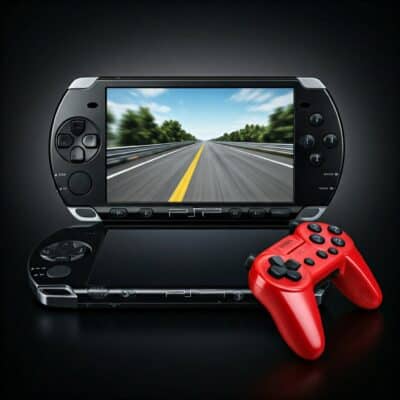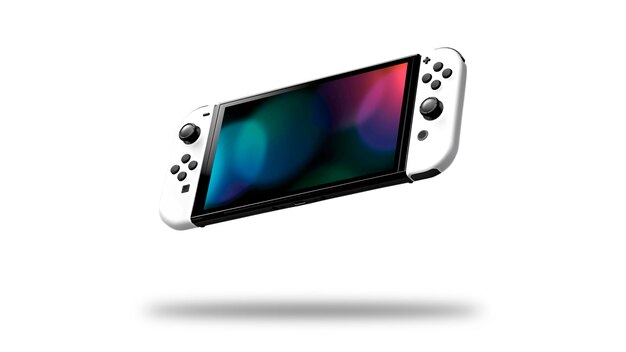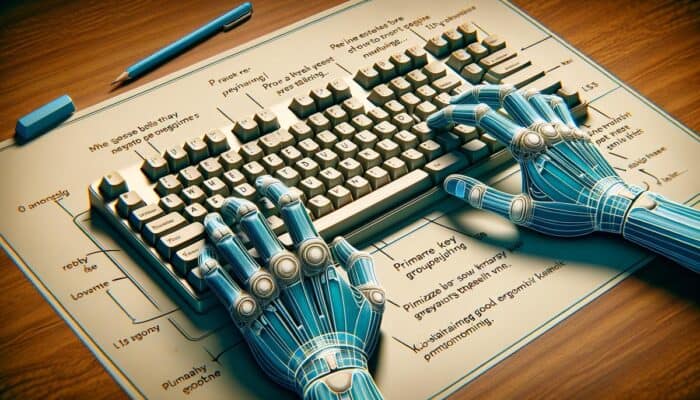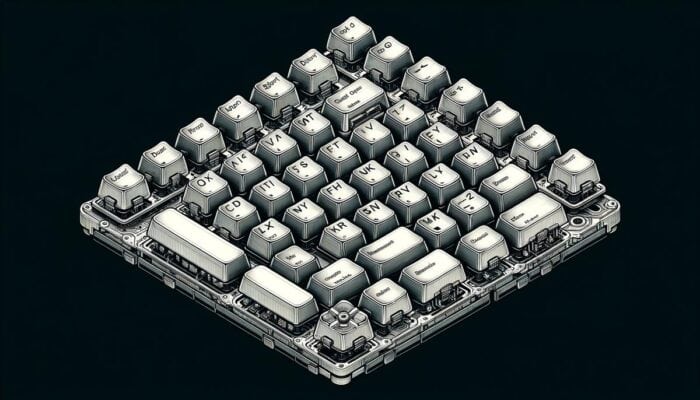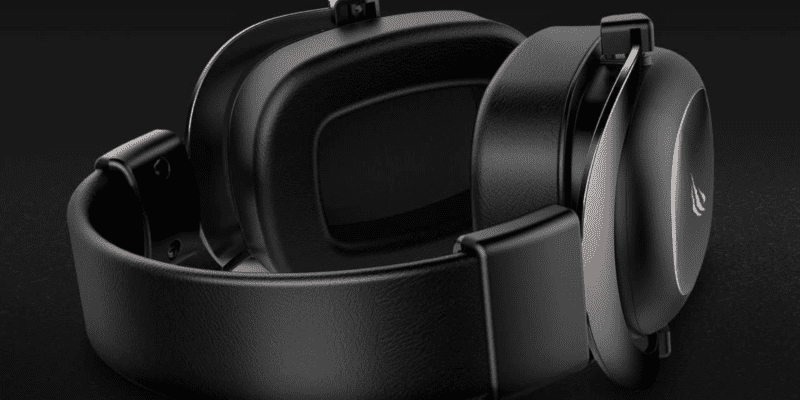Are all computer cases compatible? If you’re in the market for a new computer, you might be wondering if all computer cases are compatible. The answer is, sadly, no. Oftentimes, the motherboard (the main circuit board in a computer) will not match the size of the case. Read this article until end to know more about this topic. In this blog, we also have an article about best gx01 mini itx computer cases that you might want to read about it.
Are All Computer Cases Compatible
You’ll want to figure out what kind of motherboard you want. Your motherboard will have a big impact on how your computer works. It will also affect what size case you buy. Make sure you pick a case that fits your motherboard.
A motherboard should be big enough to fit into a computer case. This means that there should be plenty of space inside the case for the motherboard. There shouldn’t be any problems fitting the motherboard into the case.
A computer case is a box that holds your computer components. All computers come in different sizes. Some are smaller than others. You should buy an ATX motherboard because it has more connectors than other types. Also, you should check the compatibility of the case before buying it.
Motherboard Compatibility
Compatibility issues are very important when choosing a computer case. You need to make sure that the motherboard fits in the case. You also need to make sure that there aren’t any compatibility problems between the motherboard and the case.
You should choose a case that is compatible with your motherboard. Your case should be made of materials that are strong enough to protect your computer. Materials such as aluminum or steel are better than plastic.
Case Construction
Steel is very strong and durable material. But thicker steel may be a problem for your PC because it might make it run hotter than normal.
A motherboard should be sturdy enough to withstand the rigors of daily use, but it should also be thin enough to fit into a case that won’t damage it.
You’ll want to make sure that your case is compatible with your motherboard. Once you’ve done that, it’s going to take some time to figure out what kind of case you need. Some cases are compatible with certain motherboards, while others aren’t compatible. As a consumer, it’s important to do research first.
Conclusion
No, not all cases are suitable for every motherboard. However, it should be easy to tell whether or not a case is compatible with a particular motherboard. You can measure the size of the holes in the case, and make sure they match the motherboard.
Consideration Before Choosing Computer Case
In the market of computer cases, there are a variety of different sizes and shapes to choose from. Some are large and rectangular, others are small and triangular. Some are made of plastic and others are made of metal. Some are designed to be durable, while others are designed to be lightweight. Here are some consideration before choosing computer case:
Size
The size of a computer case depends on the number of internal slots available. The standard form factor is called ATX (Advanced Technology Extended). Other popular form factors include MicroATX, Mini-ITX, and ITX. Note that the dimensions of these are slightly larger than those of ATX.
There are three main parts in a computer chassis: drive bays, power supply, and heat sinks. A typical ATX case provides 3.5 inches of clearance around the motherboard. Each drive bay supports up to five hard drives. And each hard drive can hold one 2.5 inch SATA, two 1.8 inch IDE, or three 5.25 inch floppy disks.
Power Supply
Most modern power supplies convert AC power at 110 volts and 60 Hz to DC power at 12 Volts and 200 Watts, then step down the voltage again to provide power for the rest of the components. If your motherboard only accepts 500 watts, then the power supply must have at least 600 watts. Because most power supplies are rated at 1000 watts, this means that you will probably need something bigger than 1200 watt power supply.
Heat Sinks
Heat sinks dissipate excessive heat produced by electronic devices. They usually look like a radiator with fins and a fan attached to them. In most cases, the heat sink sits on top of the CPU socket.
Related Articles For You!
- You may like: Are Computer Cases Universal? 4 Superb Facts About That You Should Know About It
- You may enjoy this article about: What Are The Different Types Of PC Cases? 3 Types Of PC Cases That Superb And You Should Know About It
Our Latest Posts:

